Resources

Important Considerations when Determining Student Assessment and Marking/Grading Policies and Guidelines during the Covid-19 Pandemic
[ For the Balance of the 2019-2020 Academic Year ] The Canadian Assessment for Learning Network (CAfLN) is a non-profit organization that supports K to 12 and post-secondary educators. Our mission is to help implement and sustain sound assessment and grading practices that promote student learning in schools across Canada. As part of our mission

The Cycle of Learning: How Formative Assessment Created Beautiful Music
The Cycle of Learning : How Formative Assessment Created Beautiful Music Submitted by: Bruce Mellesmoen I thought my heart was going to come right out of my chest! These were the words my 12-year-old son, Bobby, whispered to me. He had just finished playing The Little Drummer Boy for a room full of people he

When the Bubble Bursts
Submitted by Grant Page I spent most of my teaching career in one school, a school where, from the beginning, I was challenged to develop and defend my pedagogy and philosophy of learning. I was given the opportunity to explore alternatives, take risks and fail miserably, so long as I kept moving forward. It was

Moving Assessment Forward in Strong and Wise Ways
Submitted by Brooke Moore and Neil Stephenson Teachers who spend time crafting thoughtful comments on student work are wasting their time if they also give a score (Dylan Wiliam, 2015). But taking away the mark won’t do any good either unless you replace it with something worthwhile. The worthwhile strategies are clear and the news

Stumbling Toward Collective Efficacy
Submitted by: Steve Kitchen, Jesse Reis, Shantel Strasky, Brenda Wilton If you were to visit our school in Waldheim, Saskatchewan (a K-12 school of almost 400 students that is part of Prairie Spirit School Division) you would not hear one grade 3 student say to another: “Hey, have you noticed how the collective efficacy of

A Conference Chair’s Reflection
Submitted by Bernie Van Doninck It’s hard to believe that it’s been almost six months since the CAFLN conference in Dartmouth and that there is still so much energy here as a result of this event. On a personal note I want to extend my deepest gratitude to everyone who attended. Equally so, I

Not Your Average Membership
Submitted by Katie White As I was preparing to attend the Canadian Assessment for Learning Conference and Symposium in Dartmouth this year, I was asked more than once by colleagues why I work so hard to attend. I certainly have enough “stuff” to fill my days and Nova Scotia is awfully far away from Saskatchewan,
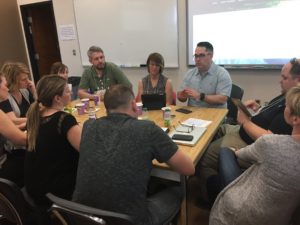
Understandings of Assessment Must Be Formative
Submitted by Jimmy Pai – Secondary Teacher in Ottawa, Ontario What does assessment mean to you? Is it a test? A quiz? An interaction? A response? A student’s glare in a particular direction as she’s working on a problem? Or perhaps a teacher’s noticings of this glare and many moments? This word, ‘assessment,’ can be
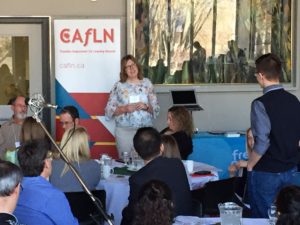
The Landscape in Which You Live
Submitted by Lori Jeschke – Director of Education in Prairie Spirit School Division, Saskatchewan “Tell me the landscape in which you live and I will tell you who you are.” Spanish Philosopher Ortega Y Gasset What do we want to be known for in Prairie Spirit? When I get to share about the work we
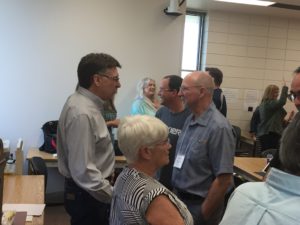
Professional Growth Through AfL
Submitted by Grant Page Teacher stories are opportunities to share insights and celebrate growth. They are reflections on strengths and weaknesses we all have as professionals. Here is part of my story, originally written in 2006 for Middle Ground, the magazine of Middle Level Education published by the National Middle School Association, now the AMLE
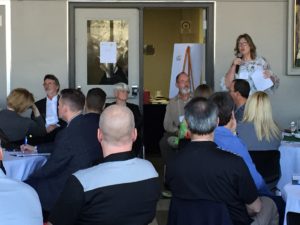
CAfLN Conference 2017 – What I Learned
Submitted by Lori Jeschke, CAfLN Executive – Symposium Chair A Reflection on CAfLN 2017 – What I learned because you (Damian, Ken and Lorna) were in the room. Whenever I get to be in a place where I can learn from others’ practice, experience, and expertise, I am mindful of something that Sandra Herbst
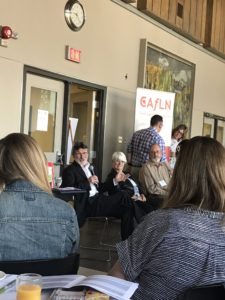
Opening Session from 4th Conference and Symposium May 2017
Here are a few videos from the opening session of our 4th Conference and Symposium held in Saskatoon in May of 2017
